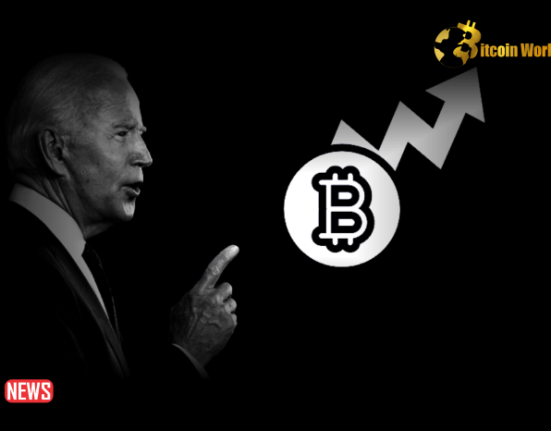Unbeknownst to the general public and even some crypto natives, a seismic shift in the Bitcoin landscape will unfold. The U.S. Securities and Exchange Commission (SEC) will likely approve a Bitcoin Exchange-Traded Fund (ETF) by the end of 2023. Hence, what has been a pipe dream since 2013 could finally materialize, potentially revitalizing the crypto market.
Despite a decade of rejections, recent developments suggest a turning tide. Until this year, the SEC had shot down every proposal, including over 30 since 2021. Moreover, there are currently ten active applications from significant institutions. To the uninformed observer, the same old story of rejection is set to repeat. However, that would be a naive assumption.
Two Landmark Developments
Significantly, two monumental events have swung the pendulum toward approval in the last three months. First, BlackRock, a heavyweight in asset management, submitted a Bitcoin ETF application on June 15. CEO Larry Fink’s subsequent favorable comments on Bitcoin depart from his previous skepticism. BlackRock boasts an impressive 99.8% approval rate for ETF applications, adding weight to the growing momentum.
Additionally, other renowned institutions like Fidelity and Ark Invest have followed suit. Their applications are now under review, with decision deadlines closely aligned. Consequently, the high caliber of current applicants is heralding what looks to be an inevitable approval.
Secondly, Grayscale’s landmark court win on August 29 bolsters the case for approval. The court ruled that the SEC’s denial of Grayscale’s spot Bitcoin ETF was “arbitrary and capricious.” While not a guaranteed green light, the court’s decision forces the SEC to re-evaluate its stance.
Anticipating Market Reactions
However, even though the SEC recently delayed decisions, experts remain optimistic. Both JPMorgan analysts and former SEC Chair Jay Clayton believe approval is forthcoming. Therefore, considering the sheer scale and credibility of the applicants, we might even see multiple licenses simultaneously.
What happens post-approval? An influx of investment into Bitcoin seems inevitable. An ETF lowers the entry barriers, offering an attractive route for Americans wary of crypto exchanges. Institutions understand this, making the ETF a lucrative opportunity for those previously on the fence about crypto investments.
In the long term, the finite supply of Bitcoin and increased demand from a broader investment base could push prices higher. If gold’s trajectory post-ETF approval in 2004 is any indication, Bitcoin could see similar, sustained growth.
In summary, despite recent delays and a bearish market, the winds are changing. By year’s end, a Bitcoin ETF could bring the dormant giant back to life, marking a historic milestone in crypto’s journey to mainstream acceptance.














